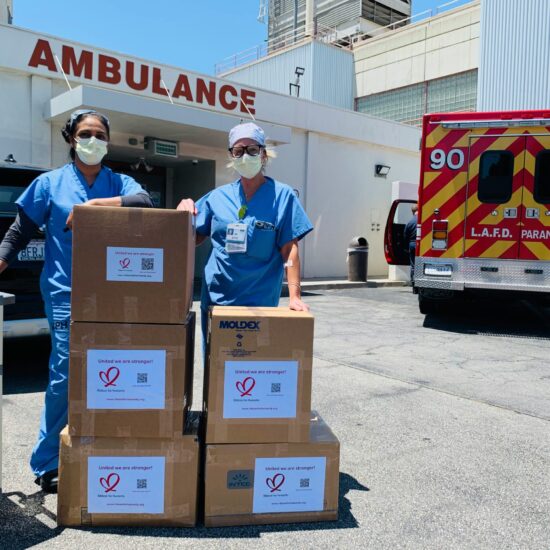Yesterdays New York Times reported on the link between poor sanitation and malnutrition in children in India. Noting that prior studies of child malnutrition fail to even mention sanitation, the article points out that about half of the population of India does not have or use toilet or latrines, with some people (mostly men, according to the article) preferring to defecate outdoors. As a result, children are exposed to disease agents transmitted in fecal matter. No matter how much the children eat, they are unable to gain weight and draw upon the food’s nutrition. One million children die before age 5, and 65 million of those who do survive have permanently stunted growth and brain development.
The link between malnutrition and sanitation is based upon a study published by the Research Institute of Compassionate Economics (I like that title a lot), or RICE, “a nonprofit research organization, dedicated to understanding the lives of poor people, especially young children, in India, and to promoting their well-being.” Calling for a “Latrine Use Revolution“, RICE argues that simply building more toilets or latrines is not the answer. The government of India needs to mount a media campaign to educate its population on the importance of confining human waste to special areas to avoid the spread of disease.
We assume that people should have the right to live healthy lives through a basic level of sanitation, so it’s easy to be critical of India. But how do we respond to the right to live healthy lives in our own country?
Recently, the right of people living in the U.S. to access water (note that I’m not even saying “clean water”) has come into question. Some weeks ago, Detroit began to cut off water to residents who owe $150 or more in water bills, for a total of over $90 million in back payments. People are creative, particularly when it comes to survival; and so some of those with no water were able to do an “illegal” hook up to be able to drink and wash. Yesterday, the city announced that it had fined 79 residents a total of over $21,000 in fees for such hook ups. The city charges $250 to restart water to a home the first time–a fee that increases with each delinquent payment and shut off. Such fees seem to ignore that people can’t pay their bills because they are poor.
Last year, Peter Brabeck-Letmathe, chairman of the board and former CEO of Nestle, said in a YouTube video that water is not a public right and should be privatized. In the video, he goes on to say, “We’ve never had it so good, we’ve never had so much money, we’ve never been so healthy. we’ve never lived as long as we do today. We have everything we want and still we go around as if we were in mourning for something.” Perhaps he should visit Detroit and talk with the people who have no water because they are too poor to pay their water bills. Or he could visit India and speak to the mothers of the children who are dying from a lack of sanitation. Life is so good for “us”.
Diana J. Mason, PhD, RN, FAAN, Rudin Professor of Nursing









